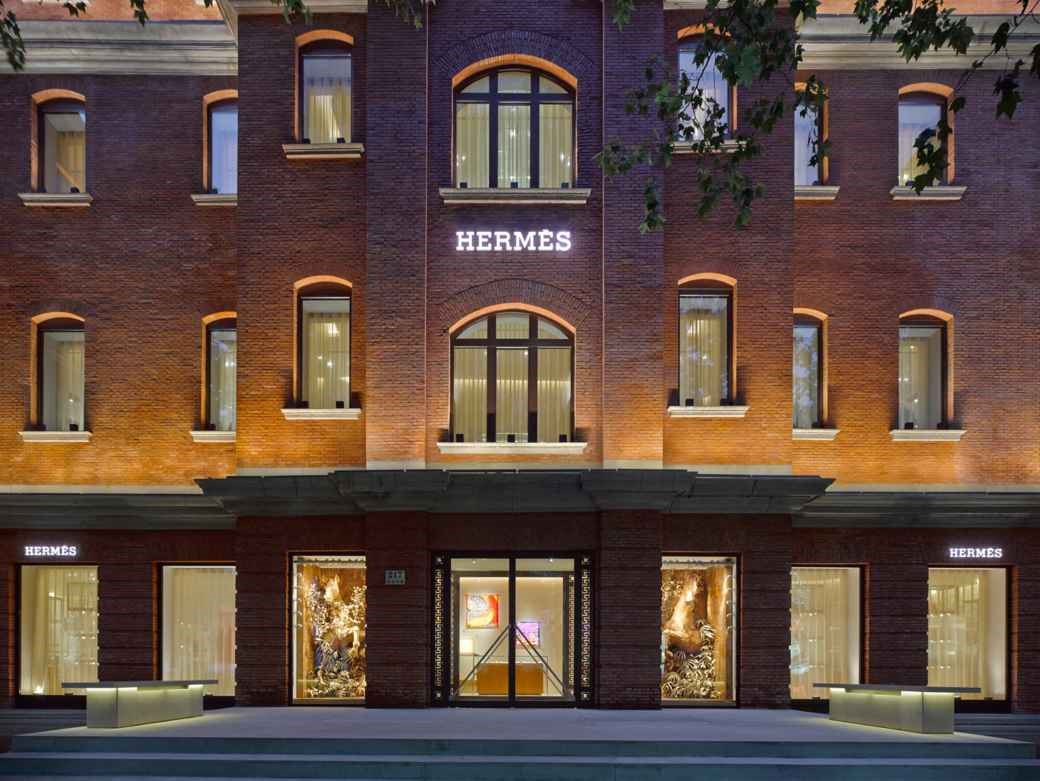“Pei Huo” (配货) or VIP card: luxury shall be fair
by Claire Fu
Recently, a Chinese consumer claimed that, in order to get access to buy the iconic bag Hermès Constance, he was requested to “Pei Huo” upon the implication of a salesperson at the Shanghai IFC boutique.
However, after payment of 150,000 yuan to “Pei Huo”, the consumer was denied access to the handbag he initially wanted to buy. The boutique claimed that he purchased by himself voluntarily.
This is not the first time that Hermès got protested by consumers in China for the “Pei Huo” issue. Previously, a protestor held up a board stating, “Rubbish Hermès — Pei Huo but no bag”, at the Hermès Beijing SKPstore.
So, what is “Pei Huo”?
It originates from that Hermès selects its consumers and requests its potential consumers to show loyalty before selling, particularly for the iconic products.
Now in a nutshell, such “loyalty” will be shown by “Pei Huo”, meaning that, when a consumer wants to purchase certain bags – especially Birkin, Kelly and Constance – such bag will not be available until he/she has bought other products (of course less popular) in the shop and the payment has reached a certain amount.

Hermes Shanghai Maison Source: hermes.com
Hermès officially denies the existence of such “Pei Huo” system. De facto none doubts it exists and the rules behind the “PeiHuo” are kept secret, and externally they appear quite arbitrary, it can be 1:1 or even 1:3, depending on the “mood” of the SA (“sales”).
In addition, the “Pei Huo” system has infected many other luxury brands.
Does “Pei Huo” constitute bundling sales?
Article17 of PRC Anti-Monopoly Law prohibits operators with a dominant market position from bundling sales or attaching unreasonable trading conditions without legitimate reasons.
Acts of bundling sales are further elaborated in Interim Provisions on Prohibiting Acts of Abuse of a Dominant Market Position, namely:
| a. making tied or combined sales of different commodities in breach of transaction practices, consumption habits or disregard of commodity functions; | |
| b. attaching unreasonable restrictions on the term of a contract, the method of payment, the mode of transport and delivery of commodities or the mode of service provision, and so on; | |
| c. attaching unreasonable restrictions on regions of sales, objects of sales, after-sales services of commodities, and so on; | |
| d. adding unreasonable charges to the price at the time of conducting transactions; and | |
| e. attaching conditions of transaction that are not related to the subject matter of transaction. |
Inview of this, we believe that “Pei Huo” might easily be considered falling within the scope of bundling sales as consumers have to purchase irrelevant and unnecessary products before getting the access to the product they really want to buy.

Image credits to Bon Brand
Does “Pei Huo” constitute discrimination against consumers?
In addition to what above, consumers have complained that “Pei Huo” rules are more strict for Chinese consumers. Such kind of differentiated rules might also be considered as a price discrimination upon different categories of consumers.
Although the seller has the right to choose customers, once such selection loses the balance of fairness, it can easily touch the red line.
“Loyalty” can be requested by sellers as a threshold of transaction. If a seller fixes that a certain product is only available for VVVVVIP and it is fixed how to achieve that status in a transparent way, then this is fair and not against the law.


